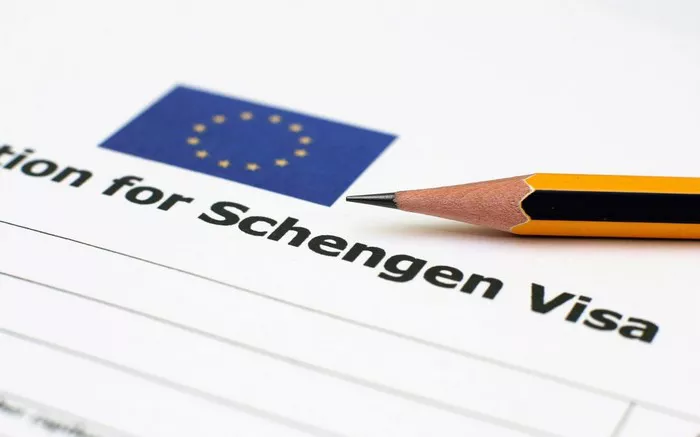The recent implementation of the Schengen visa regime, offering frequent Indian travelers access to multi-year visas for up to five years, is anticipated to spur an increase in outbound travel from India to European destinations, according to statements from airlines and airports.
Lufthansa, the German carrier, lauded the new regime, emphasizing its potential to streamline the travel process for Indian travelers bound for Europe. George Ettiyil, Senior Director (South Asia) of Lufthansa Group, welcomed the development, stating, “This is a step in the right direction, and the expedited issuance of longer-term visas offers relief to many eligible Indian nationals requiring frequent travel to the Schengen area.”
Lufthansa Group currently operates 64 weekly flights between Germany and five Indian cities.
Under the newly adopted visa “cascade” regime for India, Indian nationals can now obtain long-term, multi-entry Schengen visas valid for two years after acquiring and lawfully utilizing two visas within the preceding three years. The two-year visa is typically succeeded by a five-year visa, contingent upon the remaining validity of the passport. During the validity period of these visas, holders enjoy travel privileges equivalent to those of visa-free nationals, as stated by the EU.
During the previous summer, delays in obtaining Schengen visas posed challenges for Indian travelers.
Airports Council International, a global association of airports, identified the liberalization of visa regulations as a key catalyst for enhancing travel between India and Europe.
The simplification of visa procedures, coupled with expeditious consular and visa services, is expected to facilitate the movement of people between India and the EU, thereby fostering business relations and tourism. This is especially significant given the rising disposable income of Indian citizens, which is anticipated to elevate the current low propensity to fly, noted the group.
Stefano Baronci, Director General of ACI Asia-Pacific, highlighted the potential benefits for Indian consumers, including fewer obstacles, expanded flight options, competitive pricing, and improved service quality aligned with environmental considerations. However, he stressed the importance of a strong commitment from both parties to further liberalize traffic rights, streamline visa issuance procedures for the Schengen area, implement a unified security regime to unlock the potential of Indian airports as international hubs, and secure investments for the sector’s decarbonization.
Travel and tour companies anticipate that the relaxation of visa regulations will primarily benefit travelers who have previously obtained Schengen visas twice within the past three years.


